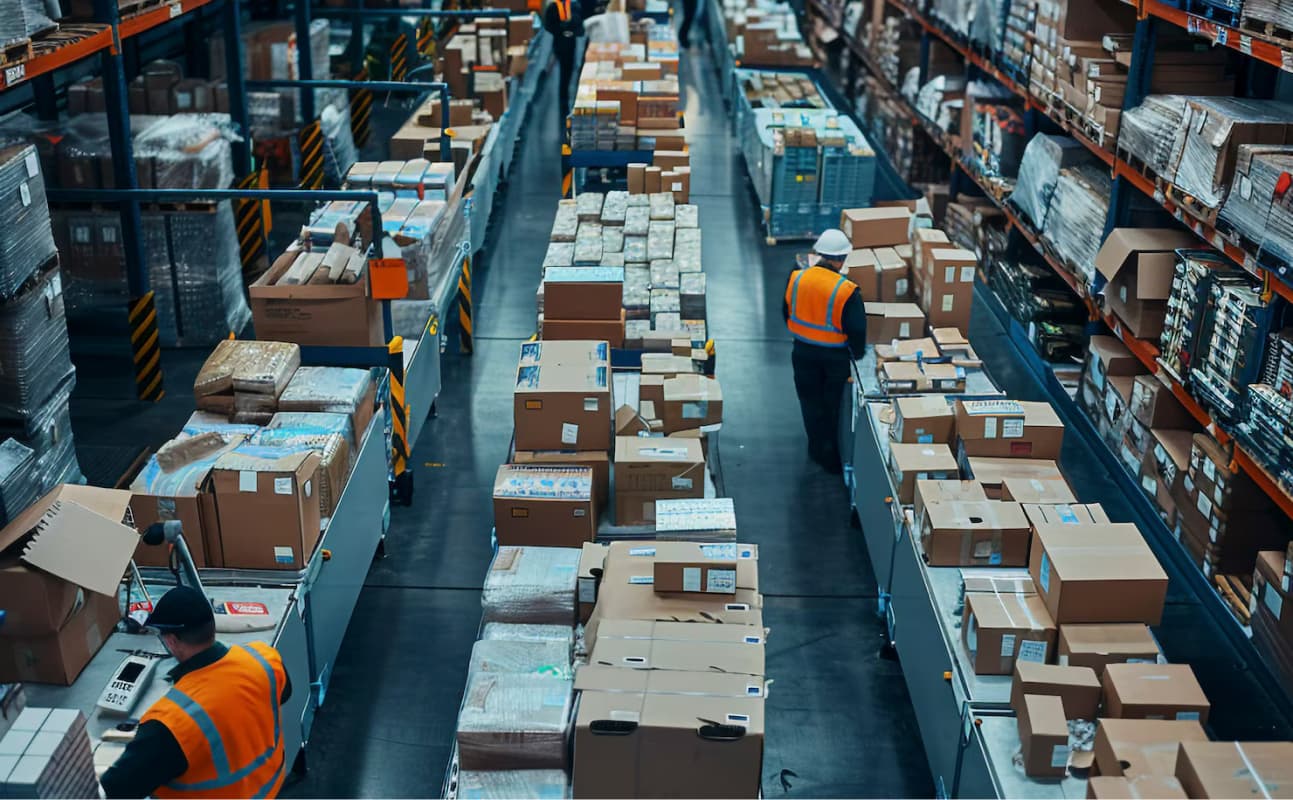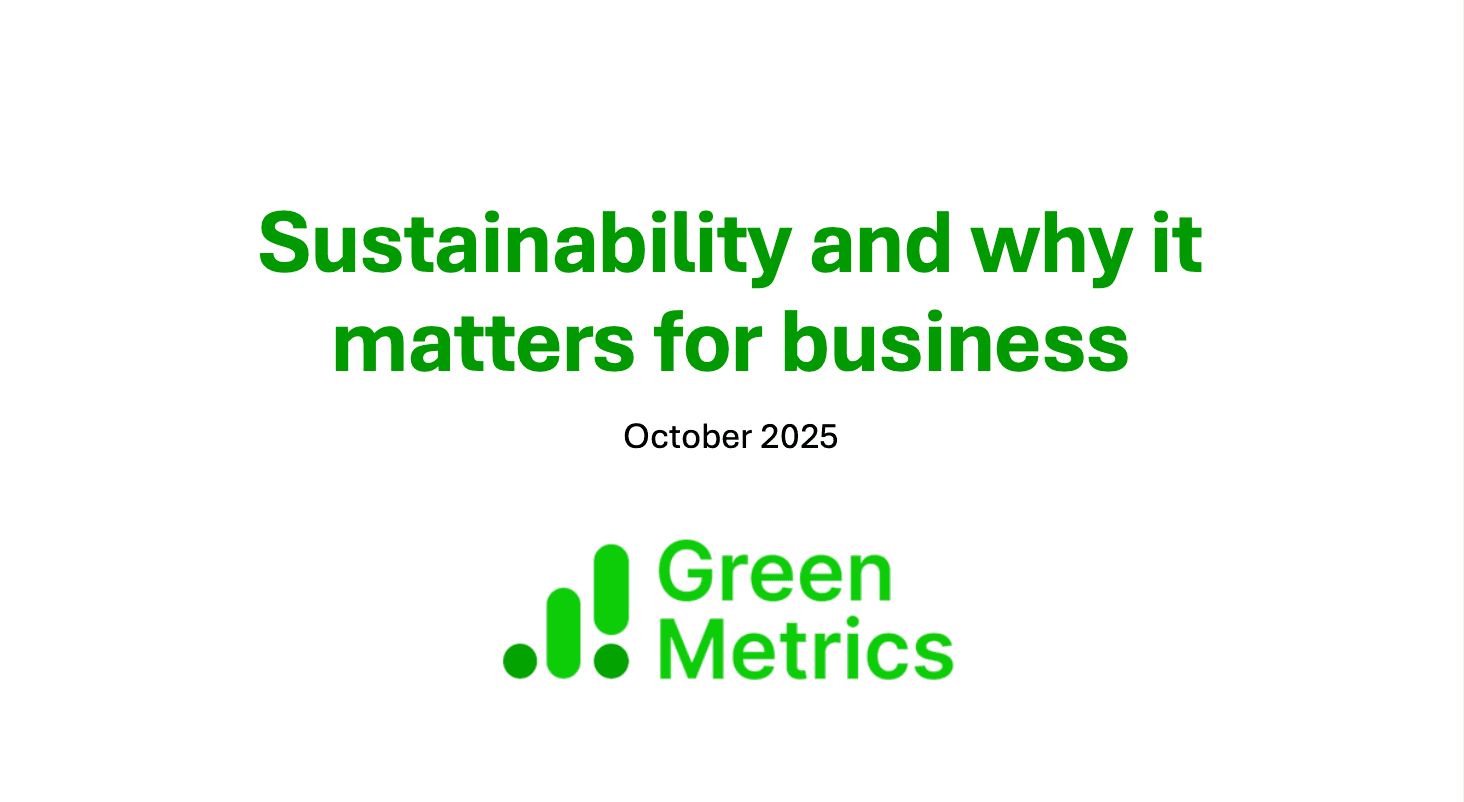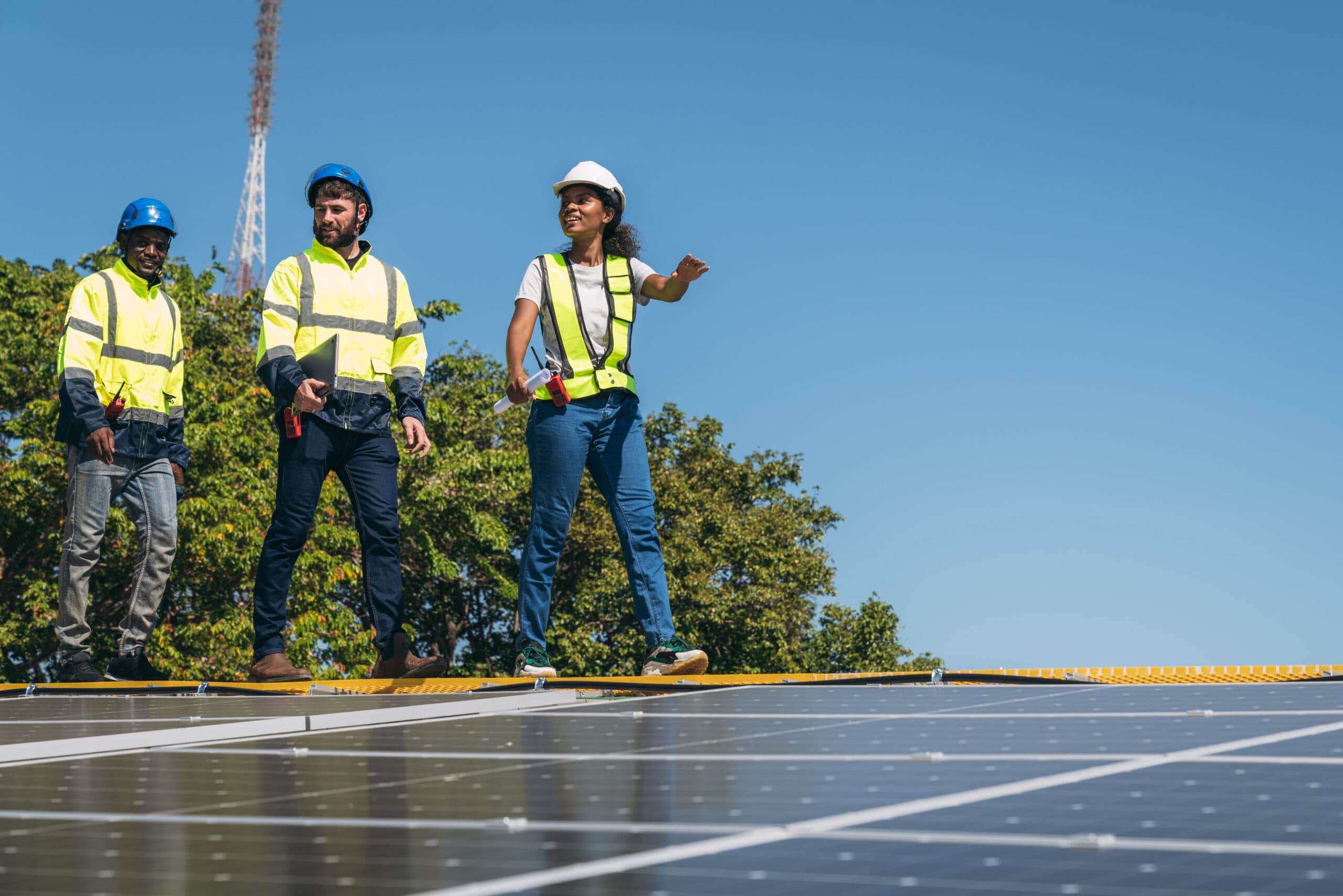The wholesale trade industry contributes to carbon emissions in several key areas, with warehouse energy use being a major factor, especially for lighting, heating, and cooling. Transportation of goods, often over long distances, also drives emissions. Packaging materials, frequently single-use and non-recyclable, contribute to waste and environmental impact. Inventory waste from overstock or expired goods adds to the carbon footprint, while business travel, particularly for sales and operations teams, leads to additional emissions.
Quick wins for reducing emissions in wholesale trade include switching to energy-efficient LED lighting and upgrading HVAC systems in warehouses, which can significantly reduce energy consumption. Optimizing delivery routes and consolidating shipments help lower fuel use and transportation emissions. Using eco-friendly packaging materials reduces packaging waste, and implementing inventory waste reduction programs can help avoid unnecessary emissions from discarded products. Encouraging virtual meetings instead of in-person travel cuts down on emissions related to business trips.
For long-term sustainability, wholesale businesses can install solar panels on warehouse roofs to generate renewable energy, reducing reliance on fossil fuels. Transitioning to electric delivery fleets further lowers transportation emissions, while upgrading to smart energy management systems ensures efficient energy use across operations. Investing in reusable or biodegradable packaging materials helps create a more sustainable supply chain. Retrofitting warehouses for energy efficiency, including insulation and better energy management, positions businesses for long-term emission reductions.



